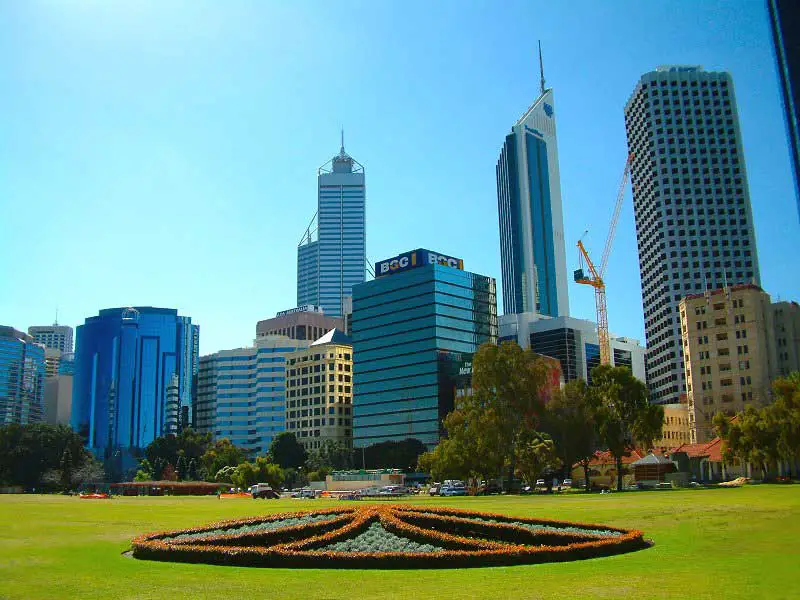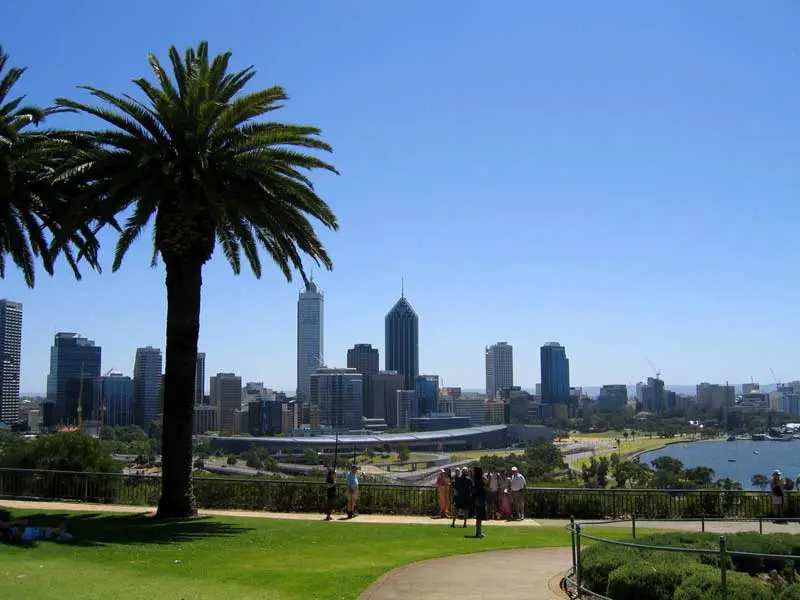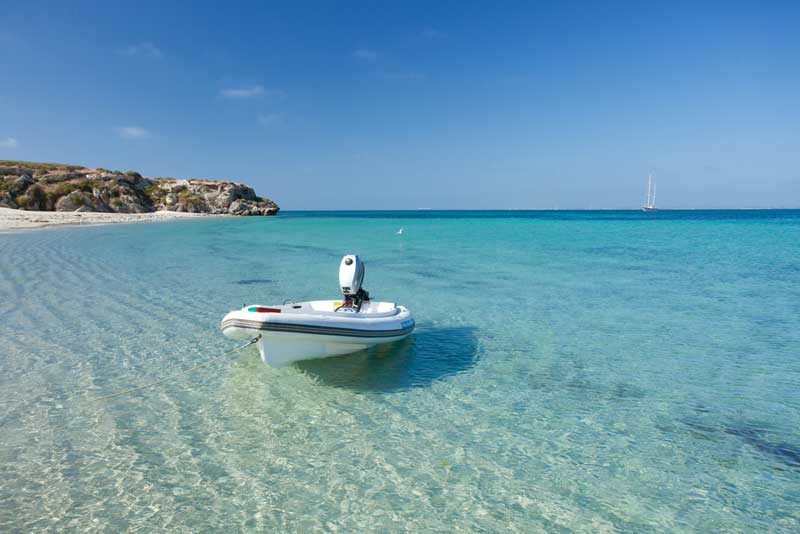
About Perth
Perth is set on the Swan River, so named because of the native black swans. It is a city that fills the sandplain that lies adjacent to the Darling Scarp; extending to Joondalup in the north, Mandurah in the south and Mundaring in the east. The coastal suburbs take advantage of Perth’s oceanside location and clean beaches. To the east, the city is bordered by a low escarpment called the Darling Scarp. Perth is on generally flat, rolling land – largely due to the high amount of sandy soils and deep bedrock.
Perth was established in 1829, as the capital of the Swan River Colony, a free settler colony. In 1850, as Western Australia, it became as a convict colony, at the request of farming and business people who wanted cheap labour. Perth’s first boom period came in the 1890s after the discovery of gold in and around Kalgoorlie and Coolgardie. Another boom began in the 1960s with the commencement of iron ore mining in the state’s Pilbara region. These and other mining activities brought an influx of wealth to the state, which is reflected in Perth’s changing skyline of the last few decades. The wealth and prosperity continues to flow today from a variety of mineral resources that are exported from around the mineral rich state.
Many Perth residents consider their city to be egalitarian and relaxed, with a relatively large middle class and a suburban lifestyle. The region between Perth and the Indian Ocean contains the highest income suburbs – the homes of the state’s business high flyers have become landmarks and tourist attractions in their own right.
The population is easy-going and friendly, but can be parochial, especially towards the Eastern States which are often viewed with deep, but usually jocular, suspicion. This attitude is fuelled by the Eastern States’ view of Perth as a “backward” civilisation, but can be mainly attributed to Perth’s isolation – reflected in the widely-held belief that Perth is the world’s most isolated capital city. This attitude is similar to relationship between, say, California and New York in USA.
Because Fremantle was the first landfall in Australia for post-World War II migrant ships coming from, Perth experienced an influx of British, Italian and Greek migrants. More recently, large-scale immigration to Perth by air from the UK has continued, giving Perth the highest-proportion of British-born residents of any Australian city.

Like Darwin, Perth is an isolated city in terms of its proximity to the other states, capital cities and for that matter, the rest of the world, which raises a curiosity in people’s minds as to what it is like. For many eastern staters, to travel so far is like going to another country, except here there are Aussies just like them living a lifestyle similar to theirs. That is a very attractive (and justified) proposition for Australians who want to do some serious travelling to somewhere far away from home, but don’t want the hassles, risks and safety concerns of going to another country.
The state of Western Australia and the City of Perth have, over the years built up a reputation of being a warm, friendly place with a pace of life that isn’t dead by any means, but is much more easy going than the lifestyle on offer in the larger cities in the east. Though Queensland used to promote itself as the sunshine state, WA is far more deserving of the title, as those who have holidayed there will always attest.
Western Australia’s north west and far north regions contain some of the most impressive natural attractions not only in the country but in the world, and apart from Broome, Perth is the only gateway by air to the state and hence to these regions. As the state’s south west is also an attractive proposition to the state’s visitors, the majority of them go to Perth first.

Perth summers are generally hot and dry, with February generally being the hottest month of the year. The hottest ever recorded temperature in Perth was 46.2C on 23rd February 1991. Winters are cool and moist, though winter rainfall has been declining in recent years. The official temperature for Perth has never quite reached zero Celsius, and even in winter maximum daytime temperatures only occasionally fall below 16C.
Rainfall is infrequent from October to March so a visit to Perth in those months is rarely affected by rain, though it can get quite hot during the day. As winter temperatures are mild, a winter visit to Perth need never be out of the question as it is unlikely to be ruined by ongoing inclement weather as are some Australian destinations.
In the hotter months, flies can be an irritating problem, particularly in the bush and surrounding country towns, though their numbers decline dramatically from March onwards as maximum temperatures fall. From August to October, Western Australia’s wildflowers are in full bloom. During these months the weather is also pleasant around much of the state (though still quite cold in the far south), and are therefore popular times to travel to Perth and the regions around it where wildflowers are prolific.








